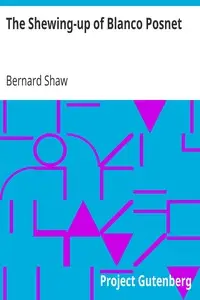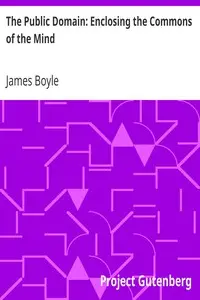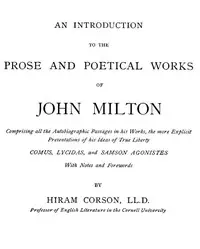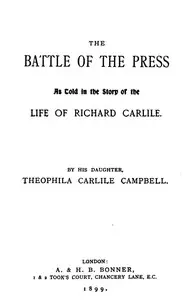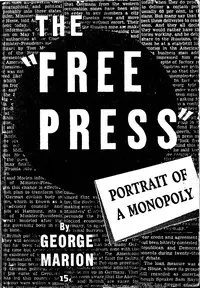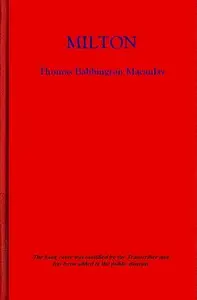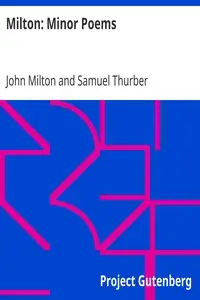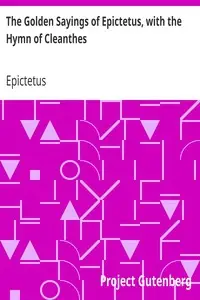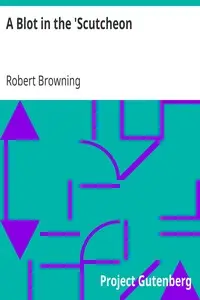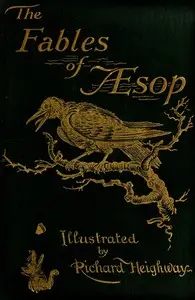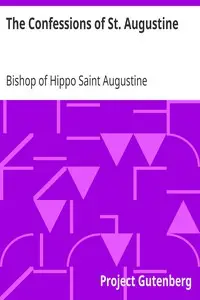"Areopagitica" by John Milton is a compelling and historical argument defending the liberty to print without licenses during a tumultuous era in English history. This powerful work passionately opposes censorship, highlighting how crucial free expression is to finding truth and growing intellectually. Milton directly addresses the Parliament of England, explaining how essential it is for individuals to share their thoughts and ideas openly. Milton cautions against the perils of suppressing ideas and uses examples from ancient Greece and Rome to show the negative effects of controlling the press, urging Parliament to instead foster an environment of open discussion and investigation.

Areopagitica A Speech for the Liberty of Unlicensed Printing to the Parliament of England
By John Milton
In a time of political and religious chaos, a lone voice cries out against the stifling chains of censorship, advocating for the unbridled power of the printing press to ignite minds and transform a nation.
Summary
About the AuthorJohn Milton was an English poet, polemicist, and civil servant. His 1667 epic poem Paradise Lost, written in blank verse and including twelve books, was written in a time of immense religious flux and political upheaval. It addressed the fall of man, including the temptation of Adam and Eve by the fallen angel Satan and God's expulsion of them from the Garden of Eden. Paradise Lost elevated Milton's reputation as one of history's greatest poets. He also served as a civil servant for the Commonwealth of England under its Council of State and later under Oliver Cromwell.
John Milton was an English poet, polemicist, and civil servant. His 1667 epic poem Paradise Lost, written in blank verse and including twelve books, was written in a time of immense religious flux and political upheaval. It addressed the fall of man, including the temptation of Adam and Eve by the fallen angel Satan and God's expulsion of them from the Garden of Eden. Paradise Lost elevated Milton's reputation as one of history's greatest poets. He also served as a civil servant for the Commonwealth of England under its Council of State and later under Oliver Cromwell.

